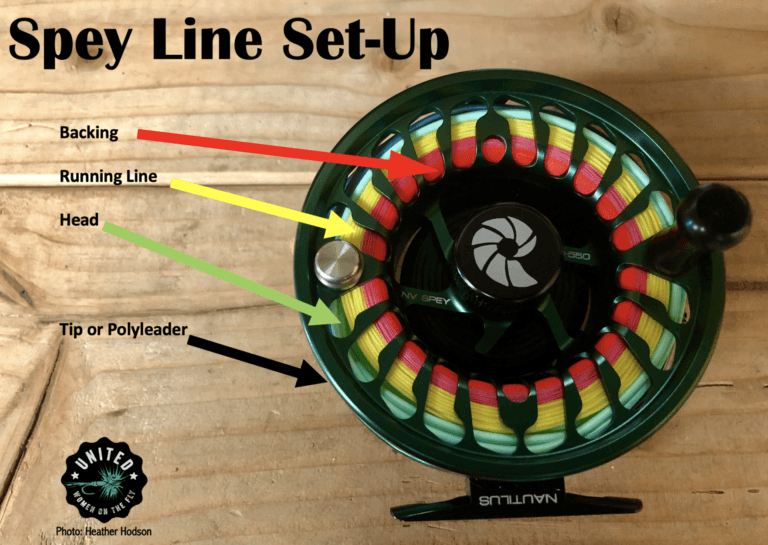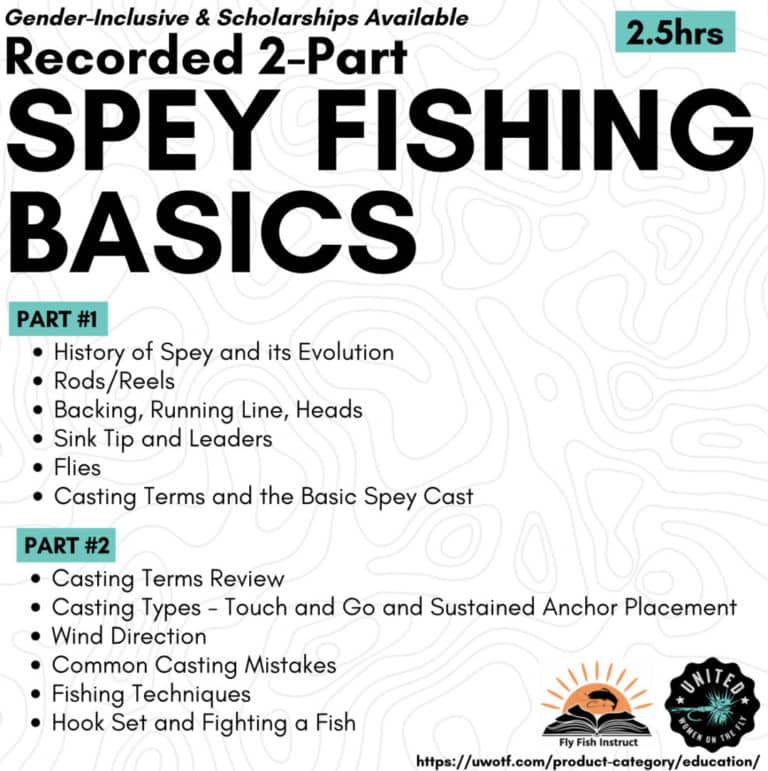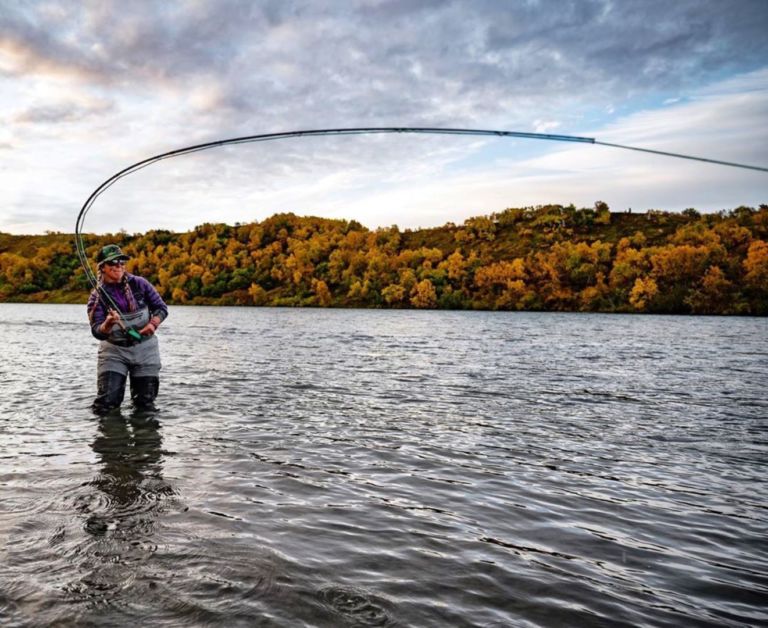
Backing
Backing is the backup to your running line, head, tip, leader and fly. Many fresh water anglers don’t always get the opportunity to see their backing but if you’re fishing for king salmon and fiesty steelhead or trout with your two-handed rod; you might just get the chance. Backing is generally available in one of two varieties, Dacron or Gel-Spun.
- Dacron Backing – Dacron is a brand name for Polyethylene terephthalate (PETE) which is a thermoplastic polymer.
- Most common backing, cost-effective. Bigger in diameter so you need more room on your reel (smaller arbor).
- Gel Spun Poly Backing also called Ultrahigh molecular weight polyethylene (UHMWPE) . UHMWPE is manufactured in a way that yields extremely long molecular chains.
- Gel-Spun Poly is more expensive but is smaller in diameter so this is a great choice when line capacity on your reel is limited.
Running LInes
Running Lines – A running line is the level-diameter line that connects to a shooting head via a loop-to-loop connection. Running lines come in 3 different categories: Coated, Monofilament and Textured/Braided.
Running Lines are a personal preference and some work better in certain air temperatures. They are relatively inexpensive and it’s best to try a few out and see what you prefer.
Coated Running Lines
- Pros
- Easier to Handle
- More dexterity in Colder Weather
- Cons
- Less Shooting Distance
Monofilament Running Lines
- Pros
- Greater Shooting Distance
- Cons
- Less Dexterous, Especially in Cold Weather
- Intermediate Spey Anglers
- Line Memory
Textured Running Lines
- Pros
- Improved Dexterity without Sacrificing Shooting Distance
- Zero Line Memory
- Cons
- Absorbs Water
- Cold Hands
Running Lines are a personal preference and some work better in certain air temperatures. They are relatively inexpensive and it’s best to try a few out and see what you prefer.





